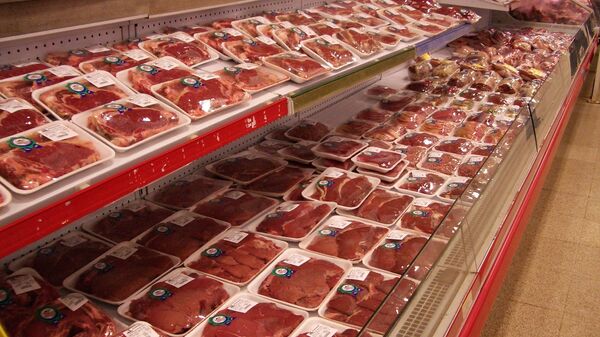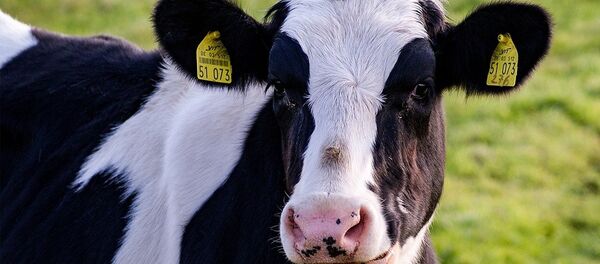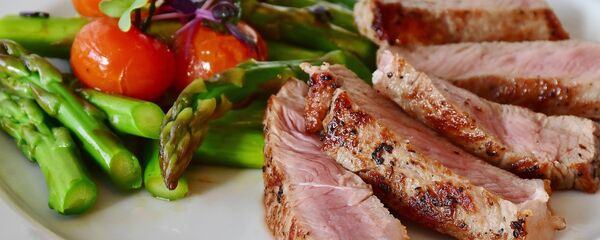The analysis shows in the UK meat products should rise by 14%, while processed meat should be increased by more than 79%. It also suggests that over 22,000 fewer deaths would occur across the world while saving more than 30 billion pounds if every country taxed red meat. Sputnik spoke to Dr Marco Springmann, the lead researcher on the study from the University of Oxford afor more insight on the issue.
Sputnik: Tell us about this study regarding taxing red meat and how it came about?
So that raises the question, whether red an processed meat should be regulated as other coercergenic like tobacco or tobacco or other public health bans like sugar. We thought we’d look into that mantra.
Sputnik: Can you explain the reasoning behind the numbers for taxing meat and its benefits?
Marco Springmann: There is a theory of optimal taxation in economics and basically followed that, it’s a very standard approach, you add to what is consumed you add a portion of red and processed meat and calculate the health impact of that and we know that from studies the consumption of red and processed meat increases risks of heart disease strokes, cancer and diabetes.
Then we calculated how expenses it is to treat those diseases and how much has been spent on those diseases that are caused by red and processed meat consumption.
We then deduce the current level of those health and economic impacts, we then get the impact of one additional serving red and processed meat. That is then the optimal tax level.
Marco Springmann: Of course we also need education; unfortunately we know that the behavioural change picture that education on its own is ineffective in making people change their diets. We know that price incentives are one of the strongest incentives for making dietary changes happen.
So we think this could send a strong signal for people to replace meat more healthy alternatives and groups maybe educational campaigns wouldn’t reach. For example low income households, might be hard to reach but they would see the price increases.
Views and opinions expressed in this article are those of Dr Marco Springmann and do not necessarily reflect those of Sputnik.



